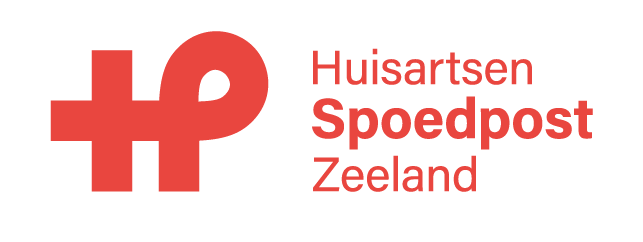How does the GP emergency station work?
First, go through the questions (Should I go to the doctor?)
. You can’t just drop by the GP emergency room. The GP emergency station is only intended for complaints that cannot wait until the next working day. First, go through some questions on this website to assess whether you need to get in touch. Then you will get the help you need as quickly as possible. If you are advised to call and you call the number of the GP emergency station De Bevelanden (Goes), Schouwen-Duiveland (Zierikzee) or Walcheren (Middelburg), you will hear a short menu. In the event of a potentially life-threatening situation, choose 1. We will help you with priority.
Information at hand when you call
Do you call the GP emergency station? Then make sure you have the following information at hand:
- your Citizen Service Number (BSN). This is stated on your identity document (passport, identity card or driver’s license) and has 9 digits;
- date of birth, address and telephone number;
- the name of your GP or GP practice.
On the phone, you can also ask about:
- your medical history (insofar as relevant to your request for help);
- any medications you may be taking.
Are you calling for someone else?
If possible, have the patient contact the GP emergency station themselves. Is this not possible? Then provide all the details of the person who needs help. Also, make sure you are near the patient when you call. You can then describe the complaints as well as possible. Sometimes the triage nurse (doctor’s assistant or nurse) also wants to ask the patient some questions themselves.
What can you expect?
When you call, you will get a triage nurse on the phone. A triage nurse has extensive medical knowledge and is specially trained to quickly determine how serious your symptoms are and what is needed. If necessary, this will be done in consultation with the general practitioner who is on duty at the GP emergency station. There are the following options:
- Telephone advice. You will receive an explanation and telephone advice from the triagist, (checked afterwards by the GP). This is also called a triage consultation.
- Consultation. The triage nurse will make an appointment for you at the GP emergency station. There, a general practitioner or nurse specialist/physician assistant will examine you.
- Telephone consultation. The GP or nurse specialist/physician assistant will call you back. This is also called a digital consultation, via video calling or by telephone.
- Visits. The GP will visit you at home. A visit is only possible if you are unable to come to the out-of-hours GP service for medical reasons.
Recipes
Normally, patients arrange repeat prescriptions with their own GP. Only in urgent cases is it possible for the GP on duty to prescribe a repeat prescription. The doctor will then prescribe as many medicines as necessary until the next consultation hour of your own GP. Please note that the pharmacy charges extra outside office hours.
